|
The economy shrank by -4.8% in the first quarter of 2020, according to the advance numbers released by the Bureau of Economic Analysis on April 29, 2020. On Fox News, the major headline was a stock market surge on a potential coronavirus vaccine from Gilead. CNN had nothing about the economy on the homepage, when the report was first released. The New York Times led with the story. Over the next few months, despite stark warnings from economists about the harsh economic times ahead, insurance, annuity, stock and real estate broker-salesmen will continue to assure their clients that their product will rise above and hold value. There will be talk that home prices never go down in this or that area, that the stimulus bill will keep stock and bond prices high or that annuities and insurance products are safe (even when they are highly vulnerable). That’s the way it always goes in recessions. It is never an overnight crash. It took two and a half years from the top to the bottom in the Dot Com Recession. 15 years later, the NASDAQ Composite Index finally crawled back to its March 2000 highs. The Dow Jones Industrial Average dropped from highs above 14,700 to a low of 6547 between October of 2007 and March 9, 2009. Over 10 million homes changed hands in the wake of the Great Recession. As you can see in the chart below, stock and home prices are higher than ever. Debt is astronomical. In fact, the only two times that stock prices have been higher on a 10-year average CAPE ratio was in 1929 and in 2000. Nobel Prize winning economist Robert Shiller has been warning of this for a couple of years now. The Recession will be Announced on July 30, 2020. Today, Federal Reserve Chairman Jerome Powell warned, “Economic activity will likely drop at an unprecedented rate in the second quarter.” Over the next several months, there will be a series of unfortunate events where asset prices (stocks, bonds and home values) will topple and then settle. People will become complacent again, thinking the worst is over, and then something else terrible will happen to sink prices further. (Asset prices are not included in core inflation figures.) At the point when the losses become unbearable, you’ll be tempted to sell low. Many people did this at the Great Recession low in 2009, when the Dow Jones Industrial Average bottomed out at 6547. This is why Buy & Hope and market timing both don’t work. Our easy as a pie chart nest egg strategy with annual rebalancing: 1) earned gains in the last two recessions; 2) outperformed the bull markets in between, and; 3) is a buy low, sell high plan on auto-pilot. A time-proven plan protects your wealth, earns money while you sleep and allows you to sleep at night. In today’s world, you also need to know what is safe in a world where bonds are highly leveraged, losing money, are in danger of being illiquid, and where money market funds had to be bailed out in March 2020 and have redemption gates and liquidity fees. The second quarter GDP is predicted to contract another 12% quarter over quarter and as much as 40% year over year. You will not hear this news, nor that the economy is in a recession, until July 30, 2020. So, in short, be careful getting your economic information from the mainstream media and your wealth strategy from a broker-salesman. Any broker-salesman, who is reliant upon their job to pay their own mortgage, is going to be tempted to keep you invested. At the bottom, you’ll be told, “Who knew that it would be this bad?” and “If you sell now, you’ll be selling low.” You must be the boss of your money. It’s time to step off the Wall Street rollercoaster and into a time-proven plan. What Are Some of the Forthcoming Headlines? High unemployment means consumer credit, which was higher than ever before the coronavirus recession, will become a substantial problem to households and creditors. Banks will have significantly reduced earnings. Homeowners and renters will be at risk of losing their homes. Consumer spending, which has driven the economy and was 69% of GDP, will be limp. Any business dependent upon consumer sales will be impacted. Apple reports earnings tomorrow at 2:00 p.m. PT. That report is predicted to be terrible. Real Estate Real estate losses were severe in the Great Recession. The median sales price of existing homes in the U.S. fell from $221,900 in 2006 to $166,100 in 2011. The losses were nationwide, although there was variance regionally. The implosion in Detroit, Florida, Arizona, New Mexico and Las Vegas was unprecedented in my lifetime. Today real estate prices are higher than ever, at $271,900. Prices are unaffordable in 67% of U.S. cities. 3.5 million homeowners are still severely underwater on their mortgages. Have You Been Told That Real Estate Never Goes Down in Your Area? What factors can reduce prices in your area? Prices are quite often simply a case of supply and demand. If there are too many sellers and not enough buyers, then prices have to come down. When there is high unemployment, the buying pool shrinks. When there is unaffordability, the buying pool shrinks. When mortgages are difficult to obtain due to bad credit or increased tightening of credit standards, demand dries up. When people lose their homes to foreclosure, the supply pool expands. We are likely to see all of those things happen over the next few months, even in areas where people believe they are exempt from the laws of supply and demand. I will discuss this further in my online retreat this weekend, including solutions for homeowners who feel that they are overextended, and would-be home buyers who are worried that home prices are too high. We also discuss nest egg strategies, what’s hot, and how to save thousands of dollars annually in your budget with smarter big-ticket choices. Cutting out café lattes and avocado toast is not going to fix the challenges that lie ahead. Asset Bubbles So, what about stocks and bonds? Stocks are far too expensive, even with a 17% downturn since the highs of February 19, 2019. The bond market had to be bailed out on March 2, 2020. The bailout does not give a blank check to every single company and entity that needs to be rescued. As Federal Reserve Chairman Jerome Powell noted in his press conference today, “We can’t lend to insolvent companies.” We have seen a vigorous debate in Congress about whether or not states should be allowed to declare bankruptcy. That should give you some concern about your municipal bonds. Credit risk and term risk are at issue, as is liquidity. No one is going to want to take a 20-year bond (or longer) off your hands. There is no reward for that risk, particularly as the risk of insolvency increases. Over 50% of corporate bonds have been just above junk-bond status for over a year. Ford was downgraded to junk in September 2019. You can expect further downgrades to start. Many corporations have slashed their dividends. Those people who were relying upon dividends for income are in trouble – not just of having no income, but also of capital loss of their investment and potential illiquidity. As I’ve been saying for years, the higher the dividend the higher the risk. Private placement REITs are particularly toxic. Read D&T’s story of caution in their own words. In short, wisdom is the solution. The time to get that wisdom is now, while everything is still trading nice and high. That is why I am hosting an online emergency retreat this weekend, May 2-4, 2020. We will focus on nest egg strategies to protect your wealth, real estate strategies to protect your wealth, and bond strategies to protect your wealth. We will also talk about the Thrive Budget® and how you can position yourself best to survive one of the worst economic recessions that any of us have seen in our lifetime. If you wait for the headlines, it will be too late to protect yourself. Free Video Conferences I host a free video conference twice a month. If you'd like the log-on information, email [email protected] with VIDEOCON in the subject line. The next videoconference will be April 30, 2020 at 5 pm PT, after Apple announces earnings. Watch the conferences back on my YouTube channel at YouTube.com/NataliePace2. Other Blogs of Interest Apple Reports Terrible Earnings. We Are in a Recession. Unemployment, Rising Stocks. What's Going On? 8 Money Myths, Money Pits, Scams and Conspiracy Theories. 21st Century Solutions for Protecting Your Home, Nest Egg & Job. Wall Street Insiders are Selling Like There is No Tomorrow. Why Are My Bonds Losing Money? Tomorrow is Going to be Another Tough Day. Price Matters. Stock Prices are Still Too High. Should You Ride Things Out? 7 Recession Indicators Corona Virus Update. The Bank Bail-in Plan on Your Dime. NASDAQ is Up 6X. CoronaVirus: Which Companies and Countries Will be Most Impacted. Is Tesla Worth GM and Ford Combined. Artificial Intelligence is on Fire. Is it Time to Buy S'More? Take the Retirement Challenge. 2020 Investor IQ Test. Answers to the 2020 Investor IQ Test. The Cannabis Capital Crunch and Stock Meltdown. Does Your Commute Pollute More Than Planes? Are Health Care Costs Killing Your Budget? 2020 Crystal Ball. The Benefits of Living Green. Featuring H.R.H. The Prince of Wales' Twin Eco Communities. What Love, Time and Charity Have to do with our Commonwealth. Interview with MacArthur Genius Award Winner Kevin Murphy. Unicorns Yesterday. Fairy Tales Today. IPO Losses Top $100 Billion. Counting Blessings on Thanksgiving. Real Estate Prices Decline. Hong Kong Slides into a Recession. China Slows. They Trusted Him. Now He Doesn't Return Phone Calls. Beyond Meat's Shares Dive 67% in 2 Months. Price Matters. Will There be a Santa Rally? It's Up to Apple. Will JP Morgan Implode on Fairy Tales and Unicorns. Harness Your Emotions for Successful Investing. What the Ford Downgrade Means for Main Street. The Dow Dropped Over 1000 Points Do We Talk Ourselves into Recessions? Interview with Nobel Prize Winning Economist Robert J. Shiller. Ford is Downgraded to Junk. From Buried Alive in Bill to Buying Your Own Island. The Manufacturing Recession. An Interview with Liz Ann Sonders. Gold Mining ETFs Have Doubled. The Gold Bull Market Has Begun. The We Work IPO. The Highs and Hangovers of Investing in Cannabis. Recession Proof Your Life. China Takes a Bite Out of Apple Sales. Will the Dow Hit 30,000? A Check Up on the Economy Red Flags in the Boeing 2Q 2019 Earnings Report The Weakening Economy. Think Capture Gains, Not Stop Losses. Buy and Hold Works. Right? Wall Street Secrets Your Broker Isn't Telling You. Unaffordability: The Unspoken Housing Crisis in America. Are You Being Pressured to Buy a Home or Stocks? What's Your Exit Strategy? It's Time To Do Your Annual Rebalancing. Cannabis Crashes. Should You Get High Again? Are You Suffering From Buy High, Sell Low Mentality? Financial Engineering is Not Real Growth. The Zoom IPO. 10 Rally Killers. Fix the Roof While the Sun is Shining. Uber vs. Lyft. Which IPO Will Drive Returns? Boeing Cuts 737 Production by 20%. Earth Gratitude This Earth Day. Real Estate is Back to an All-Time High. The Lyft IPO Hits Wall Street. Should you take a ride? Cannabis Doubles. Did you miss the party? 12 Investing Mistakes Drowning in Debt? Get Solutions. CBD Oil for Sale. The High Cost of Free Advice. Apple's Real Problem in China: Huawei. 2018 is the Worst December Since the Great Depression. Will the Feds Raise Interest Rates? Should They? Learn what you're not being told in the MSM. Why FANG, Banks and Your Value Funds Are in Trouble. Russia Dumps Treasuries and Buys Gold OPEC and Russia Cut Oil Production. Important Disclaimers Please note: Natalie Pace does not act or operate like a broker. She reports on financial news, and is one of the most trusted sources of financial literacy, education and forensic analysis in the world. Natalie Pace educates and informs individual investors to give investors a competitive edge in their personal decision-making. Any publicly traded companies or funds mentioned by Natalie Pace are not intended to be buy or sell recommendations. ALWAYS do your research and consult an experienced, reputable financial professional before buying or selling any security, and consider your long-term goals and strategies. Investors should NOT be all in on any asset class or individual stocks. Your retirement plan should reflect a diversified strategy, which has been designed with the assistance of a financial professional who is familiar with your goals, risk tolerance, tax needs and more. The "trading" portion of your portfolio should be a very small part of your investment strategy, and the amount of money you invest into individual companies should never be greater than your experience, wisdom, knowledge and patience. Information has been obtained from sources believed to be reliable however NataliePace.com does not warrant its completeness or accuracy. Opinions constitute our judgment as of the date of this publication and are subject to change without notice. This material is not intended as an offer or solicitation for the purchase or sale of any financial instrument. Securities, financial instruments or strategies mentioned herein may not be suitable for all investors. Comments are closed.
|
AuthorNatalie Pace is the co-creator of the Earth Gratitude Project and the author of The Power of 8 Billion: It's Up to Us, The ABCs of Money, The ABCs of Money for College, The Gratitude Game and Put Your Money Where Your Heart Is. She is a repeat guest & speaker on national news shows and stages. She has been ranked the No. 1 stock picker, above over 830 A-list pundits, by an independent tracking agency, and has been saving homes and nest eggs since 1999. Archives
July 2024
Categories |






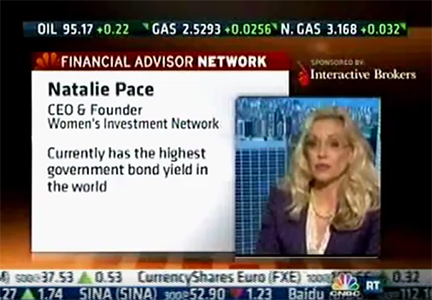
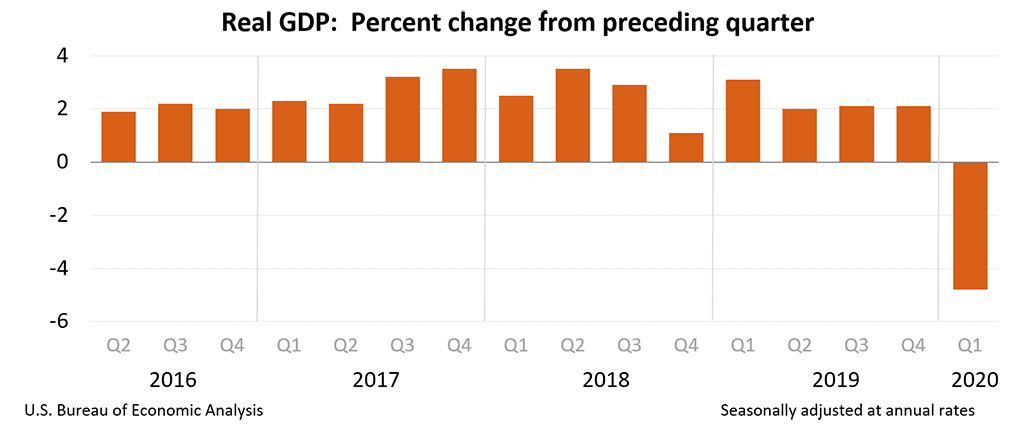
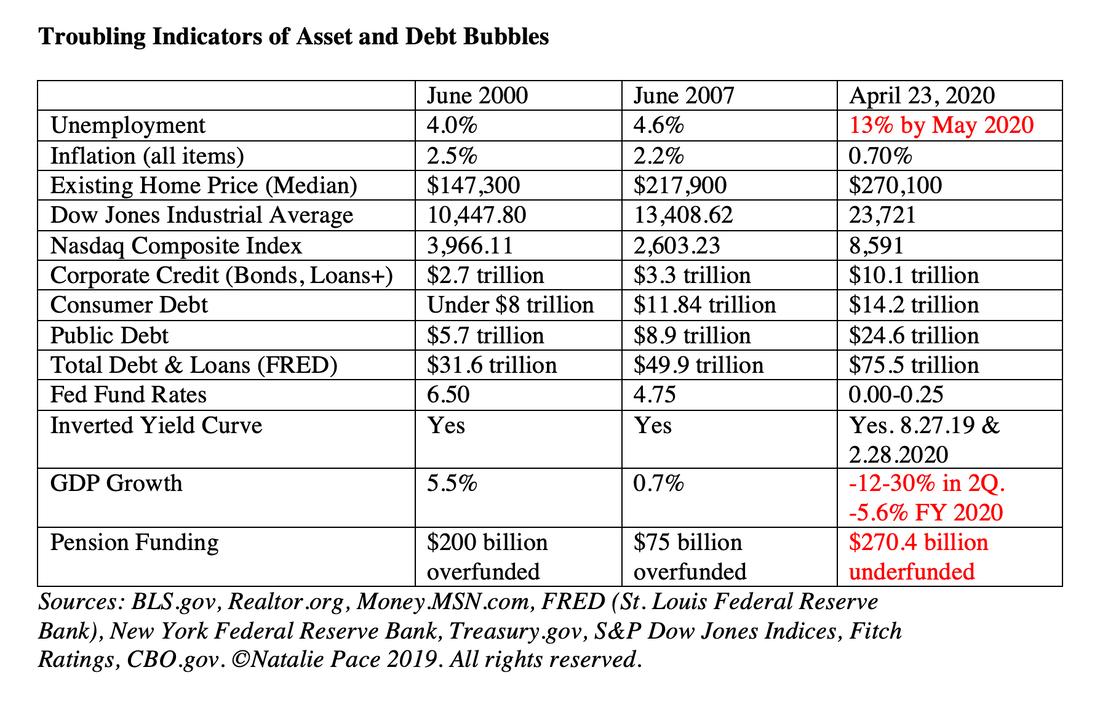
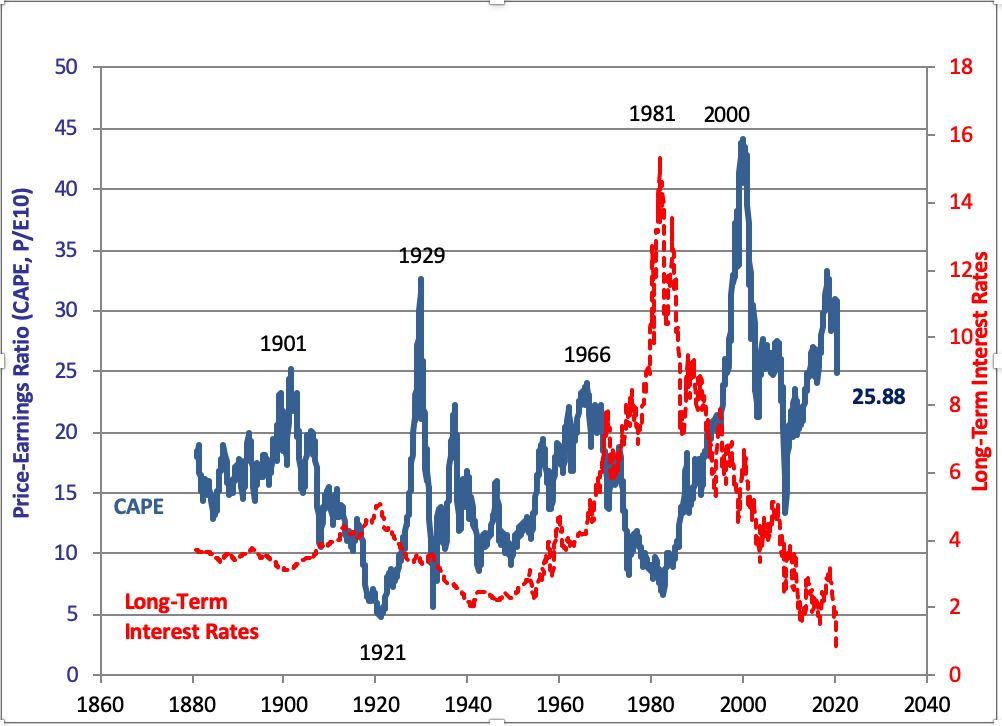
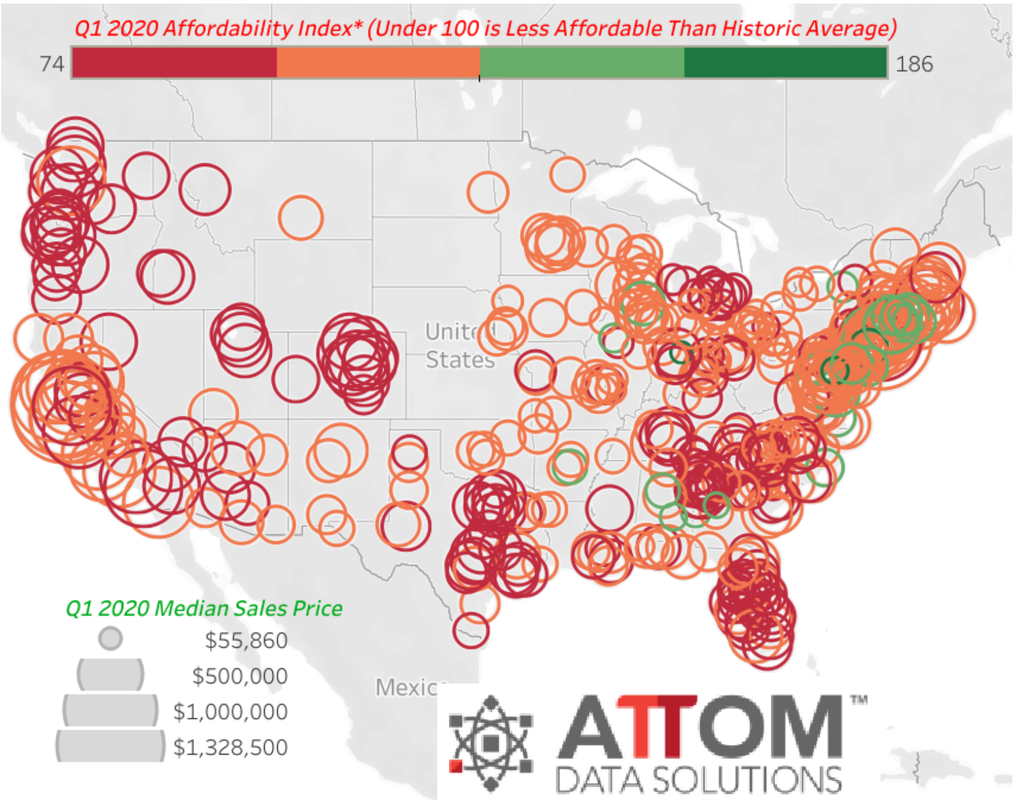
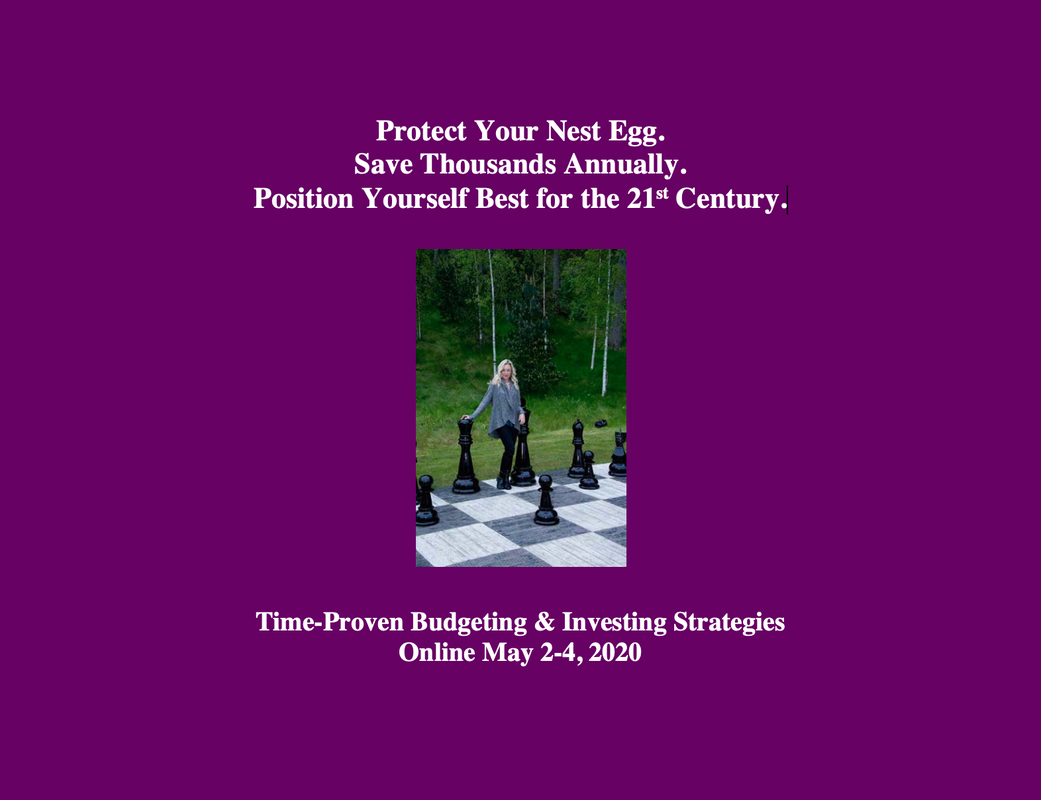
 RSS Feed
RSS Feed